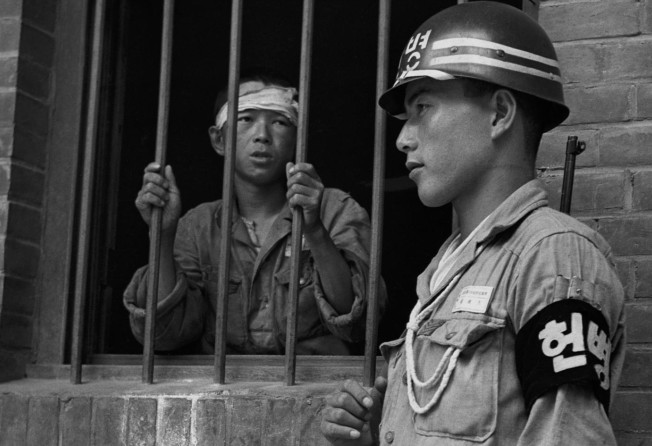
In China post-1949, foreigners paid a price whether they chose to remain or leave
Foreigners who remained in China post-1949 soon found leaving the country had become an intentionally tortuous process, writes Jason Wordie

Contrary to popular belief today, China’s foreign residents did not all leave en masse before the Communist assumption of power in October 1949. Everything some foreigners possessed in the world was in China, and so they had little choice but to remain. Many others reasoned that, as the Nationalist regime’s collapse had been so chaotic, any administration that followed could only be better. And for a short time, matters did noticeably improve.
In today’s world, freedom of movement is taken for granted. But shortly after the Communists consolidated their power, an exit visa system was established, and it became impossible for foreigners to leave China without official permission. As with every other aspect of communist-controlled life, the application process itself became a complicated, nightmarish bureaucratic experience.
After the Korean war began, in June 1950, a United Nations embargo on direct trade with China was instated, in response to the Chinese invasion of Korea to support the Communist insurrection there. This embargo was interpreted, not unreasonably, by the People’s Republic as a hostile act.
China’s exit visa system was an act of retaliation. It afforded a convenient means by which foreign nationals – especially of those countries involved in upholding the embargo – and the multinational companies that employed them, could be punished.
Import-export firms based in former treaty port cities, such as Shanghai and Tientsin (now Tianjin), found their businesses at a standstill due to the embargo.Nevertheless, they were expressly prohibited from dismissing staff, whose wages had to be paid through hefty overseas remittances.

One now-elderly lady, whose family had lived in Canton (now Guangzhou) since the 1920s, recalled for me their departure formalities in 1952.
After her father’s business was eventually wound up, they had to wait for exit visas to leave for Hong Kong. Personal property was crated up for transport and fully itemised. Scrupulously honest Communist bureaucrats adamantly insisted that no item that did not legally belong to “New China” could be left behind. If anything listed had been found missing – even a handkerchief – this discrepancy could have jeopardised the visa process. Every day for more than 18 months, her father went to the visa office, only to be told it was “not ready today” – after waiting for several hours – and instructed to return early the next morning. Meanwhile, the family lived on the contents of a single suitcase each, and what could be borrowed from others.
Eventually, the vital paperwork was issued. The exit visa stipulated, however, that the family had to leave China within 72 hours, by sea, from the northern port of Tientsin, or the permit would be invalid.
After a frantic scramble for tickets, the family departed Canton forever a few hours later. By “happy coincidence” – according to the stationmaster – the last three first-class sleeper berths available on the entire train were “unexpectedly” available; by another coincidence, the combined rail and steamer fares finally exhausted, almost to the dollar, what little remained of her father’s Chinese bank account.
On arrival in Tientsin, they boarded their ship a couple of hours before the visa expired. They docked in Kowloon, after stops in Shanghai and other southern ports, unharmed but penniless, more than a week later.
The train journey from Canton to the Hong Kong frontier would have taken about three hours.
ONLINE: For more on Hong Kong history and heritage, go to scmp.com/topics/old-hong-kong